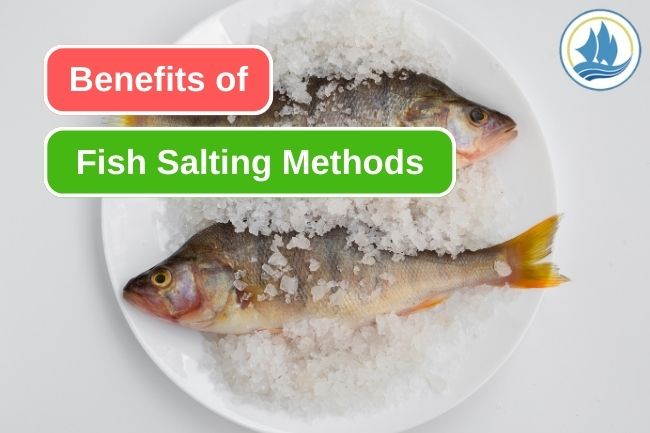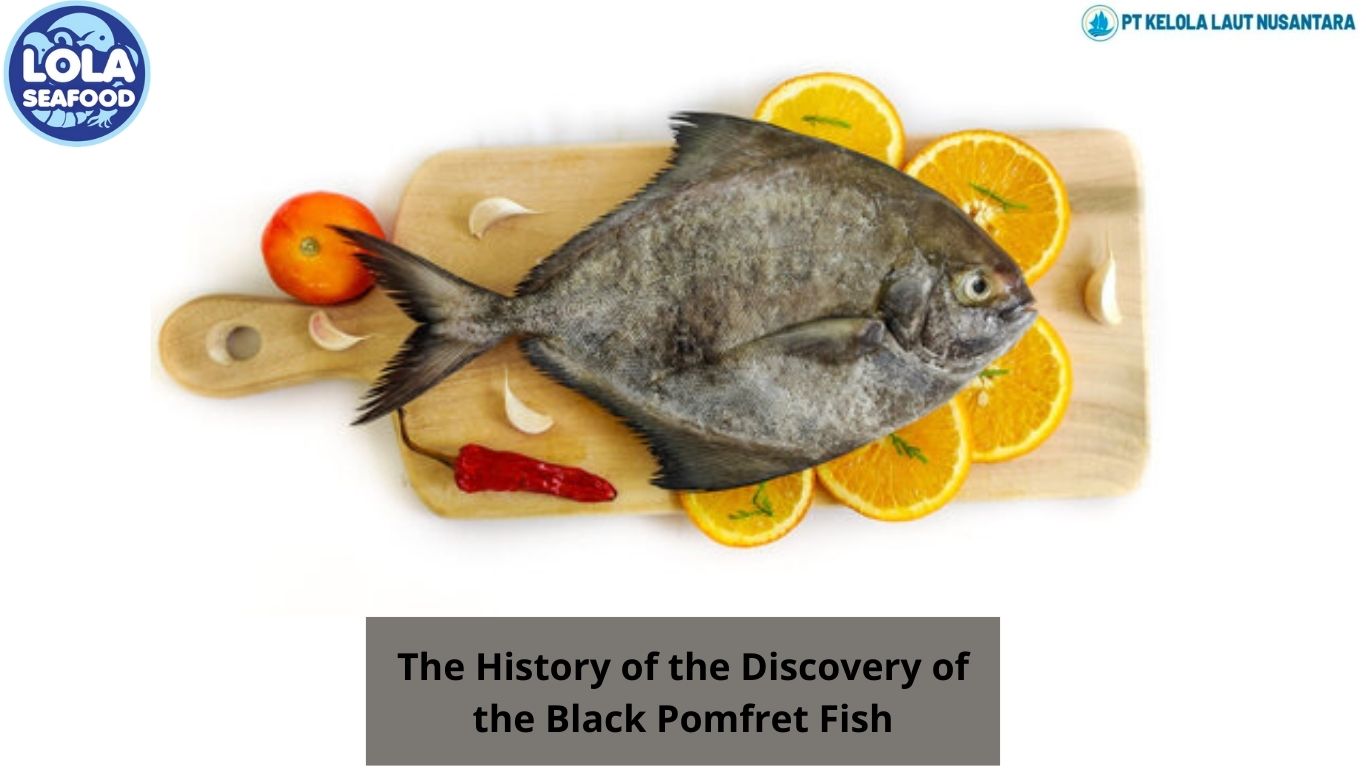5 Advantages Of Fish Salting Method
By. Nevanda - 28 Jun 2023
kelolalaut.com - Salting fish not only helps to preserve it, but it also imparts unique flavors and textures. The salt enhances the fish's natural flavors while creating a firm and slightly chewy texture. This makes salted fish a desirable ingredient in many culinary traditions around the world.
Proper salting techniques, including the use of high-quality salt, hygiene practices, and appropriate storage conditions, are crucial to ensure the safety and quality of the salted fish. It is important to follow established guidelines and regulations to prevent the risk of foodborne illnesses and to maintain the desired taste and texture of the preserved fish.
Read also: 5 Stages Of Lobster’s Life Cycle
The fish salting method has several advantages, including:
1. Extends shelf life
Salting is an effective preservation method to extend the shelf life of fish. The salting process removes the moisture content in the fish, thereby inhibiting the growth of microorganisms and enzymes that cause food spoilage. Thus, salted fish can last longer than fresh fish.
2. Maintaining nutritional quality
Salting fish is done by removing most of the moisture content, but most of the essential nutrients such as proteins, vitamins, and minerals are preserved. Thus, even though the fish has been salted, the nutritional content is maintained, allowing the salted fish to be a nutritious food source.
3. Ease of storage and transportation
Fish that has been salted has a lighter weight due to water loss. This makes it easier to store and transport, especially if the distance is long. In addition, salted fish is also more resistant to temperature changes than fresh fish, making it easier to maintain during transportation.
Read also: Mouthwatering Low-Carb Salmon with Lemon Butter Sauce Recipe
4. Distinctive flavor and texture
The salting process imparts a distinctive flavor and texture to fish. The salt used in salting helps to change the protein structure in the fish meat, giving it a richer flavor and chewy texture. This is the reason why salted fish is often used as a delicacy and is loved by many people.
5. Year-round availability
By salting, fish can be stored for a longer period of time than fresh fish. This allows year-round availability of fish, especially for fish species that are not naturally available in large quantities or in certain regions. With salting, fish can be supplied and consumed even when fresh fish is hard to find.
Despite the advantages of salting, it is important to pay attention to the quality of the salted fish. A good salting process, the use of quality salt, and proper storage are essential for maintaining safe and delicious salted fish.
Read also: Dashi: The Soul Of Japanese Flavor








